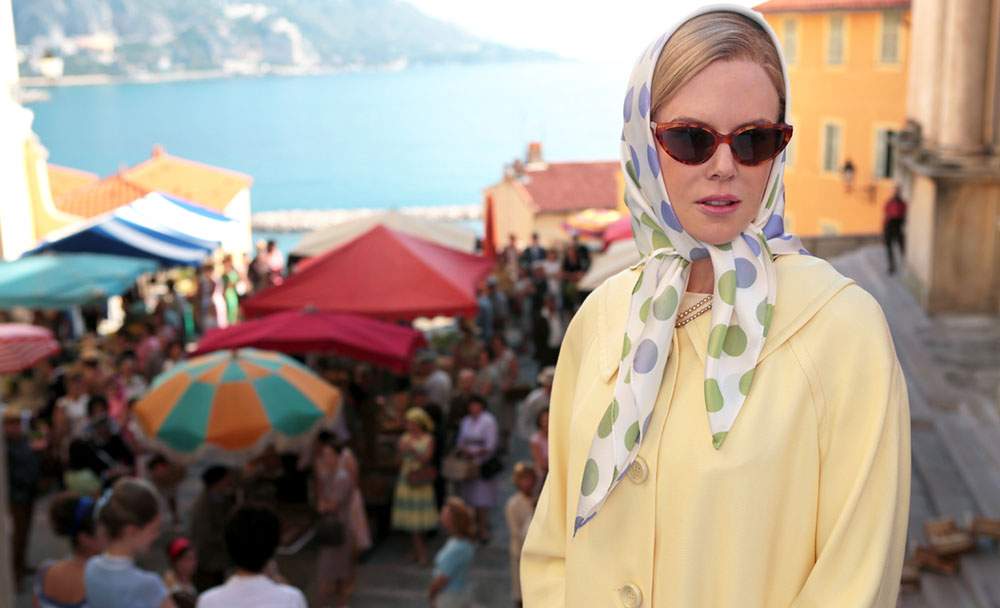Grace of Monaco
No amount of negative press could prepare you for how awful Grace of Monaco truly is.
Overview
A fictionalised account of Grace Kelly's marriage to Prince Rainier III of Monaco, Olivier Dahan's glittery period drama arrives in theatres on a wave of bad publicity. Repeatedly delayed by its American distributor, publically disowned by the Monacan royal family and critically savaged after its opening night premiere at Cannes, the buzz around the film is nothing short of toxic. Yet the reality is that no amount of negative press could prepare you for how awful Grace of Monaco truly is.
The film takes place in the early 1960s, five years into a marriage that has lost its fairytale feel. Stifled by the minutiae of her stately duties and neglected by the emotionally distant Rainier (Tim Roth), glamorous Grace (Nicole Kidman) yearns to return to Hollywood. Instead, she finds herself a pawn in a trade dispute with Monaco's French neighbours — one that threatens to erupt into the world's most one-sided war.
Blending the tepid romanticism of a made-for-TV biopic with the most tedious political drama this side of The Phantom Menace, Arash Amel's screenplay is suffocatingly dull. The dialogue, when it's not dropping lead bricks of exposition, consists mostly of groan-inducing Hallmark quotations. There are a few unintentional comedic gems, thank God, but for the overwhelming majority it's just flat-out embarrassing.
Equally weak are the attempts to connect Kelly's weepy personal crisis with the fate of Monaco at large. The entire second half of the film hinges on our heroine learning proper princess etiquette — via Miss Congeniality-style training montage — in the hopes that she can soften mean old Charles de Gaulle's heart. Of course, considering that the conflict basically boils down to whether or not Monaco gets to keep operating as a tax-free haven for wealthy Frenchmen, it's difficult to see why anyone should care.
Dahan's direction is as ghastly as Amel's script, with sickly golden lighting and eye-watering soft focus making the film look like something between a daytime soap and a handbag commercial. His most baffling decision, however, is the one that led him to shoot key scenes of emotional dialogue in extreme close-up. As the frame roams aimlessly from Kidman's chin to her eyeball to her earlobe as she talks, the overwhelming impression (aside from a mild feeling of motion sickness) is that the guy operating the camera is every bit as bored as we are.
It's a bit of a shame really. Kidman's performance is perfectly adequate, making it far and away the movie's greatest asset. She's certainly better than the wooden, chain-smoking Roth, who sports an unconvincing British accent as the decidedly not British Rainier. None of the film's normally respectable side players — including Frank Langella as Kelly's clerical confidant, Parker Posey as a hatchet-faced matron and Roger Ashton-Griffiths as a cuddly Alfred Hitchcock — fare much better.
For a story about a woman called Grace, there are few films in recent memory as lacking in the virtue of the same name. Avoid this movie like the plague.





